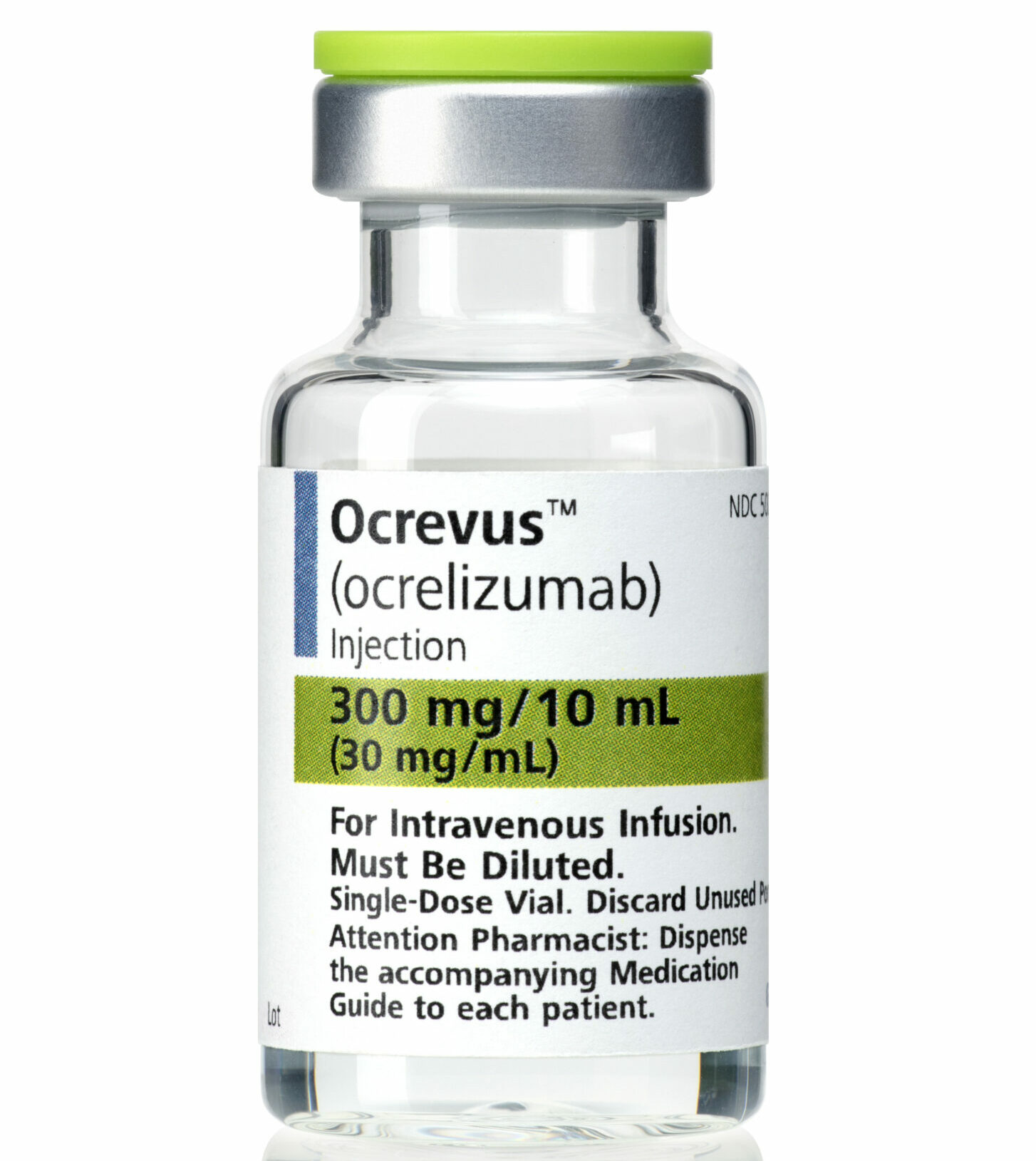
May 15, 2024 | Advocacy, Funding, Life with MS, Media, News, Press Release, Treatments
A celebrated Pharmac decision late last year to fund a vital drug for many Multiple Sclerosis patients has fallen flat – with dozens being turned away for treatment due to severely stretched resources across a number of services.
Multiple Sclerosis New Zealand (MSNZ) says one particular Health New Zealand (HNZ) region – Canterbury Waitaha – is yet to initiate any patients on the newly-funded treatment due to these shortages.
“This is devastating news for dozens of patients with the most debilitating form of the disease, Primary Progressive Multiple Sclerosis or PPMS,” says MSNZ President Neil Woodhams.
Last October when Pharmac announced – after seven years of constant lobbying from MSNZ – that patients were now finally able to access Ocrelizumab, there was widespread relief and delight.
“Pharmac was lauded for its decision to fund the first and only treatment for PPMS– a decision expected to help 85 new PPMS patients start treatment within the first year, climbing to 201 people by year 5 – providing a lifeline for patients who, until then, had never been eligible for any form of drug treatment,” Woodhams says.
“Now, that vital lifeline, one which would keep patients from needing a wheelchair for an average seven further years, has been snatched away, with patients told there aren’t enough resources to start their treatment.”
MSNZ says resourcing issues have been compounding at Canterbury-Waitaha for months, with concern growing among existing staff at the hospital’s Neurology Department, Infusion Clinic and Pharmacy that there has been a lack of investment to help them meet patient demand, and that they are struggling with “growing requirements”.
MSNZ points out that prior to receiving infusion treatments, each patient requires a comprehensive neurological review, including a disability assessment, MRI scan and blood tests. Patients then require three 6-hourly infusions annually.
A business case prepared by Canterbury Waitaha neurologist Dr Deborah Mason, sent to Health New Zealand (HNZ) in October last year, identified at least 3 FTE workforce shortages hampering the department’s ability to deliver treatments to newly-eligible Canterbury PPMS patients–with shortages across neurologist, specialist and infusion nursing, administration support and hospital pharmacist areas.
MSNZ understands potentially 35 Canterbury PPMS patients who could be eligible for Ocrelizumab are affected, awaiting assessment for treatment.
MSNZ understands at least 32 people have been diagnosed with MS in the Canterbury Waitaha region from January this year. It says incorporating these newly-eligible PPMS patients without additional resource will have a significant domino effect – causing patients with the more common relapsing form of MS (RRMS) to experience delays in starting their infusion treatments.
“Staff are having to balance starting RRMS patients on Ocrelizumab, many of whom are at risk of relapse at any time, with new PPMS patients who experience a more steady disease decline, yet who also face potential treatment ineligibility the longer they are delayed,” Woodhams says.
MSNZ says Canterbury Waitaha neurology staff are yet to receive a response to their business case from HNZ.
“We know Canterbury Waitaha far from alone with this issue either,” Woodhams says.
“We are receiving reliable information that workforce pressures to deliver newly-funded neurological treatments are being experienced in many other regions, but they too are having to simply absorb the pressures.
“We are concerned for the ongoing safety of both staff and patients if these resourcing issues aren’t properly addressed.”
Christchurch PPMS patient Bruce Street is becoming increasingly anxious and frustrated.
After a four month wait for a neurology assessment, Street has been approved for funded Ocrelizumab, yet told he cannot start treatment.
“They’ve told me there’s no infusion staffing capacity for me to begin, and they don’t know when these shortages will be fixed,” says Street.
“I can’t access private Ocrelizumab treatment as it’s not available in Canterbury, so I’m pretty much trapped and going nowhere, with my MS at risk of further decline.
My only option right now is to go privately somewhere else in the country, which I shouldn’t have to face, seeing my treatment is supposedly fully funded.”
In June 2023, MSNZ submitted an OIA to HNZ seeking neurological workforce data nationwide (see attached). While providing information from many regions, HNZ says it was unable to provide wait list details. MSNZ was forced to wait 5 months for this data to be made available.
Workforce shortages impacting access to timely diagnosis and treatment is a critical issue for the Neurological Alliance, of which MSNZ is a member. The Alliance has raised its concerns with both the Minister of Health and HNZ.
ENDS
For interviews and more information please contact:
Neil Woodhams
MSNZ President president@msnz.org.nz
Amanda Rose
MSNZ National Manager amanda@msnz.org.nz
Further reading:
Treatment Hopes Dashed for MS Sufferers – 15 May 2024 – Newsroom
Access to Life-Changing MS Drug Snatached Away by Staff Shortages – 15 May 2024 – The Press
MS Sufferers in Canterbury Missing Out on New Drug – 15 May 2024 – RNZ
Multiple Sclerosis Patients in Canterbury Denied Life Changing Treatment – 15 May 2024 – 1 News